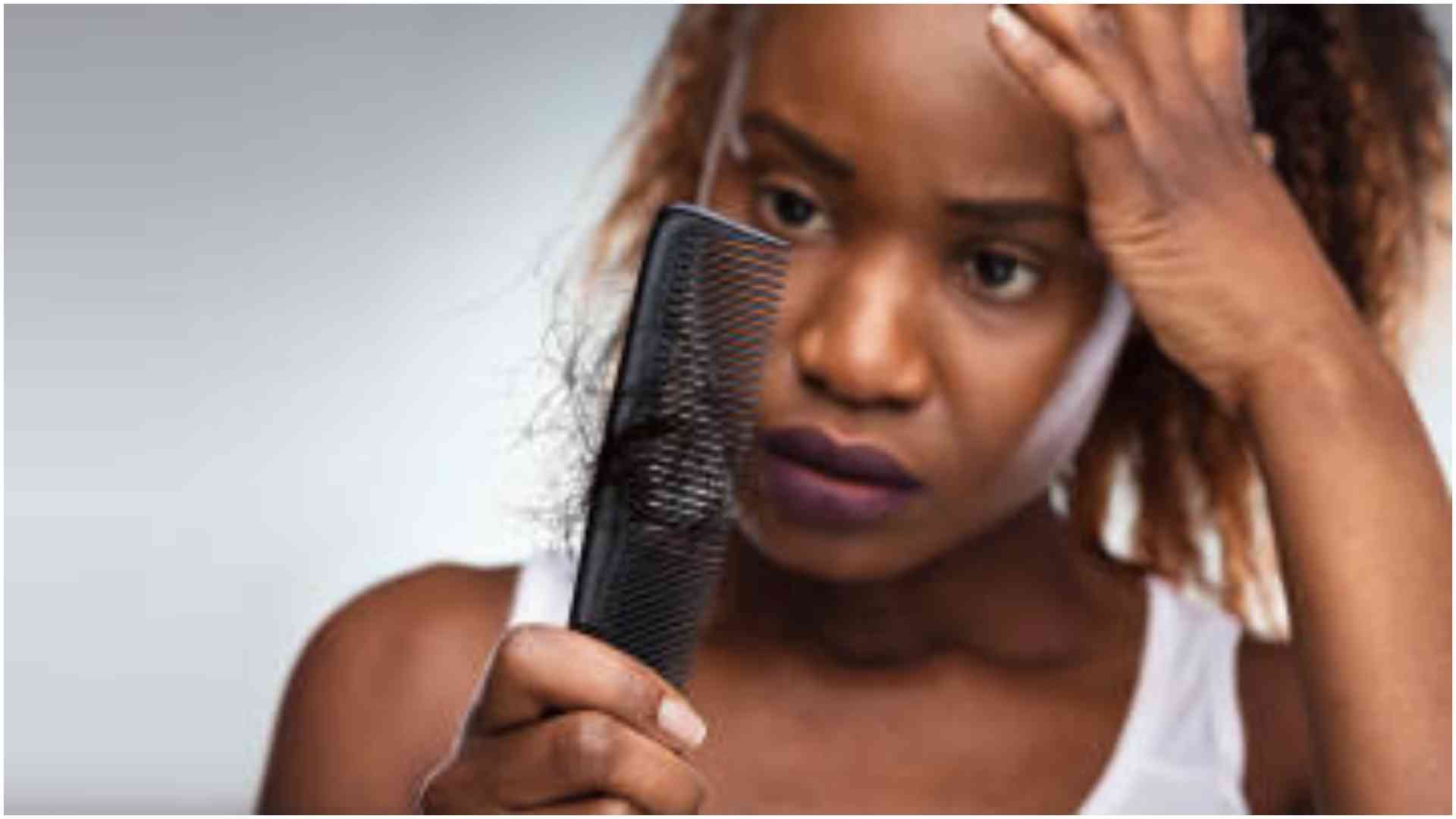
Collagen, a protein produced naturally by the body, has become a popular supplement and beauty product ingredient in recent years.
It’s easy to see why – collagen supplements (whether ingestible or topical) claim that they can improve skin elasticity, reduce visible wrinkles, and increase blood flow to the skin.
Let’s take a closer look at exactly what collagen is all about, whether collagen supplements and creams are effective for skin care.
Collagen is the most abundant protein in your body. It serves as one of the main building blocks for your skin, muscles, tendons, hair and ligaments. Providing your skin with structure and strengthening your bones, collagen keeps your skin from premature aging – giving it a plump, youthful radiance.
The body’s natural production of collagen declines with age. Starting in your mid-20s, you slowly start to lose collagen. Experts say that women can lose as much as 30 per cent of their collagen levels in the first five years of menopause.
Loss of collagen is largely responsible for skin and muscle sagging and wrinkles. Taking collagen supplements and using skincare products with collagen can help slow down the aging process.
Do collagen supplements work?
Collagen supplements come in powder, capsule or liquid form. But do they really work or they’re just hype?
Studies have shown that collagen supplements may help slow the aging of your skin by reducing wrinkles and dryness.
One review found that women who took 3-10 grams of collagen a day for 69 days had significant improvement in skin elasticity and hydration. Researchers theorised that collagen supplements may work by stimulating your body to produce more collagen of its own.
Collagen supplements may also promote the production of other proteins that help structure your skin, including elastin and fibrillin
Anecdotal evidence also suggests that collagen supplements may be effective in helping prevent acne and other skin conditions. However, these claims are yet to be supported by scientific evidence.
What about collagen creams?
Collagen as an ingredient has become a huge marketing tool for topical skincare products.
Unfortunately, experts say that it’s scientifically impossible for collagen to be absorbed into the skin through topical application. Collagen is a huge molecule that will just sit on the skin when applied topically. It won’t be absorbed into the dermis.
That’s right. Collagen creams are just a marketing gimmick.

Instead of falling for collagen creams, go for products that contain active ingredients that are known to stimulate collagen production. Such ingredients include retinol, vitamin C and Glycolic acid.
By replenishing the body with vitamin A, retinol promotes cell turnover and collagen production. It also improves discolouration, moisturises skin and minimises acne. Retinoic acid links with skin cell receptors and makes them behave as younger, healthier cells.
If you’re a newbie to retinol, start with the lowest concentrations to avoid irritation. Start by applying a few times in a week and slowly build up to nightly use.
A gentler alternative to retinol is bakuchiol. Just like retinol, it helps boost collagen production for healthier, younger-looking skin.
Vitamin C is another go-to ingredient for boosting collagen production. Vitamin C helps the body’s natural ability to produce collagen and protects it from faster breakdown. This is why vitamin C is a great ingredient for anti-aging and promoting pumper skin.
In addition, vitamin C helps in reducing hyperpigmentation, while also improving your skin’s overall appearance.
Glycolic (and other hydroxy acids) acid is also effective for stimulating collagen production for firmer skin.
Glycolic acid creates wound-healing response that stimulates formation of new collagen. It’s also an amazing ingredient for busting stubborn acne.
You don’t have to take collagen supplements to boost the levels of the important protein in your body – you can also obtain it from your diet.
Foods that are known to be rich in collagen include eggs, beef, dairy products, legumes, lentils, pulses, cottage cheese, soy, tofu, yoghurt, rice, pasta, whole grain bread, quinoa and barley, among others.
 The Standard Group Plc is a multi-media organization with investments in media
platforms spanning newspaper print
operations, television, radio broadcasting, digital and online services. The
Standard Group is recognized as a
leading multi-media house in Kenya with a key influence in matters of national
and international interest.
The Standard Group Plc is a multi-media organization with investments in media
platforms spanning newspaper print
operations, television, radio broadcasting, digital and online services. The
Standard Group is recognized as a
leading multi-media house in Kenya with a key influence in matters of national
and international interest.




